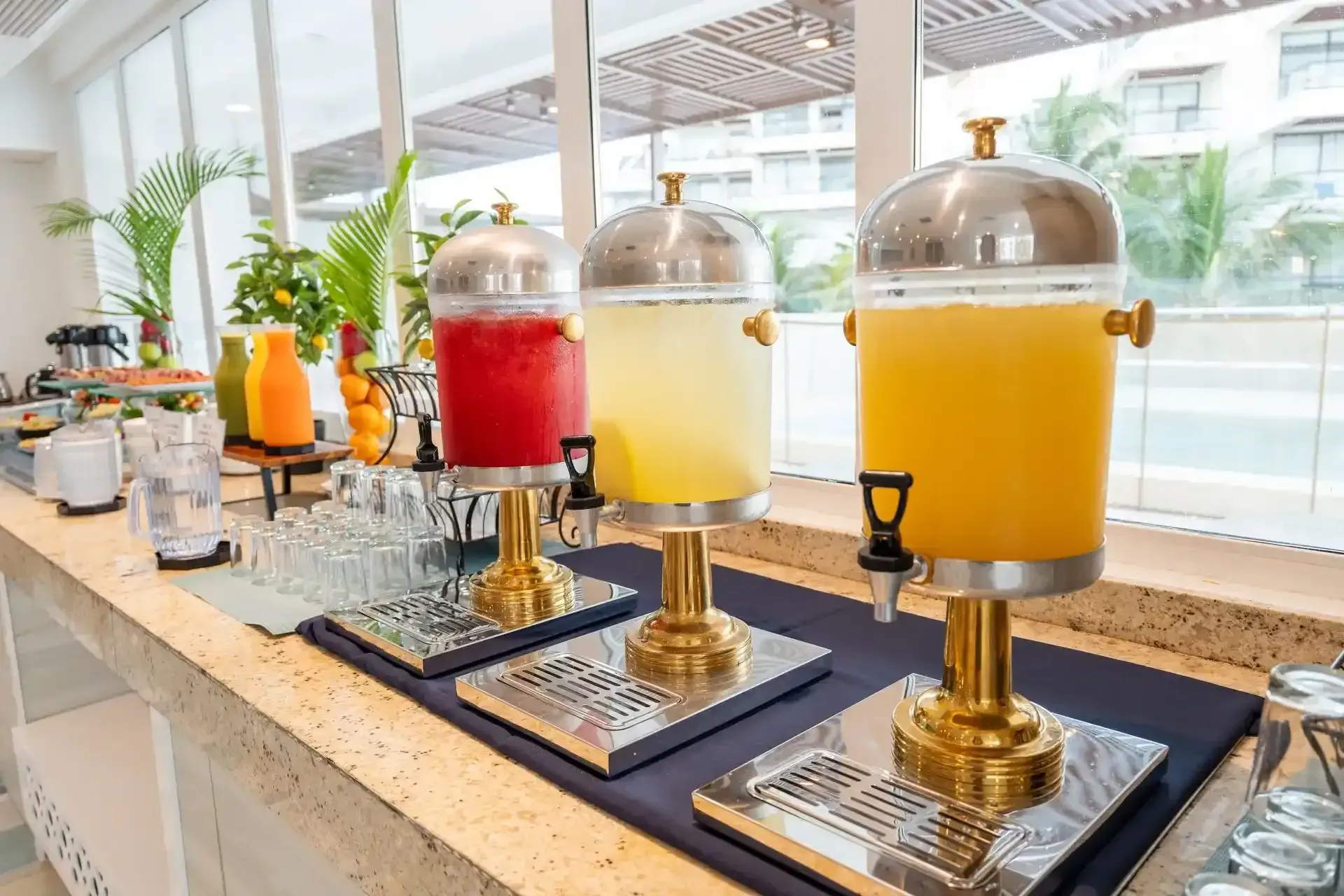Responsible Consumption in Hotels: The Key to Sustainable Tourism
Responsible consumption in hotels is essential to achieving sustainable tourism and having a positive impact on the environment. As travelers become more conscious of their choices, sustainable hotels must adapt to offer responsible experiences. What is sustainable tourism? It's an approach that balances the needs of travelers with the protection of the natural and cultural environment, ensuring that resources are not depleted. For hotels, this means adopting sustainable actions that reduce resource use and manage waste efficiently, without sacrificing guest comfort.
Why is responsible consumption key in hotels? The hotel industry, like other industries in the tourism sector, consumes significant resources such as energy, water, and food, which, if not managed properly, impacts the environment. Sustainable hotels have a responsibility to reduce this impact by implementing sustainable actions and educating guests about responsible consumption choices.
This blog explores how to encourage responsible consumption in hotels, key measures to reduce waste, and how Hotel Samawi in San Andrés is adopting these strategies to offer a more sustainable stay aligned with responsible and sustainable tourism.
How to reduce waste?
Reducing waste is one of the biggest challenges in resource management for sustainable hotels. Responsible hotels adopt innovative practices to minimize unnecessary consumption of resources, such as water and electricity, and reduce the amount of waste generated. Here are some of the key sustainable actions a hotel can take that can contribute to waste reduction:
- Efficient water use: Hotels should incorporate technologies such as low-flow faucets, efficient showers, and water recycling systems. These devices help conserve this vital resource without compromising guest comfort. They also educate tourists on how to be responsible travelers by encouraging conscious water use in their rooms and common areas.
- Plastic and waste reduction: Hotels should promote the reduction of single-use plastics by using biodegradable alternatives, recycling, and reusing materials. It is also important to implement internal programs that promote proper waste management, ensuring the hotel's ecological footprint is minimized.
- Optimizing food consumption: Hotels can reduce food waste by adjusting portion sizes, purchasing local and fresh produce, and donating surplus food to local organizations. This not only combats food waste but also supports the local economy and encourages responsible consumption.
Hotels with green initiatives
Hotels with green initiatives are leading the industry by adopting eco-friendly technologies and promoting environmental education. This allows them to reduce their carbon footprint and attract responsible tourists who value sustainability.
One of a hotel's sustainable initiatives is the adoption of renewable energy. The Samawi Hotel in San Andrés has installed solar panels, harnessing clean energy to reduce its dependence on non-renewable sources and reduce CO2 emissions.
This measure also allows the hotel to achieve economic savings in energy costs, contributing to its long-term sustainability, while offering guests a comfortable and eco-friendly stay.
Benefits of responsible consumption for the hotel and guests
Responsible consumption has numerous benefits for both sustainable hotels and travelers. Some of the key benefits include:
- Operating cost savings: Implementing technologies such as solar panels and water-saving systems allows the hotel to reduce operating costs, generating savings in energy and resources. These savings not only benefit the hotel but also allow it to offer more competitive rates while maintaining an environmentally responsible approach.
You might be interested in: What to do in San Andrés?
- Increased demand for responsible tourists: Increasingly, tourists are seeking accommodations that promote responsible and sustainable tourism. Hotels like Hotel Samawi, committed to sustainability, not only attract more guests but also build loyalty among responsible tourists who value ecological commitment.
- Positive impact on the local community: Responsible hotels also have a direct impact on local communities by supporting the economy through the purchase of local products and job creation.
Samawi Hotel in San Andrés: Green Initiatives in Action
The Samawi Hotel in San Andrés is an excellent example of how a hotel can adopt sustainable practices and promote responsible and sustainable tourism. The installation of solar panels reduces non-renewable energy consumption, lowers CO2 emissions, and improves energy efficiency, allowing the hotel to operate more economically and offering guests a responsible stay without sacrificing quality.
If you want to experience a sustainable destination in San Andrés and enjoy a hotel committed to responsible consumption, book your stay at Hotel Samawi.












